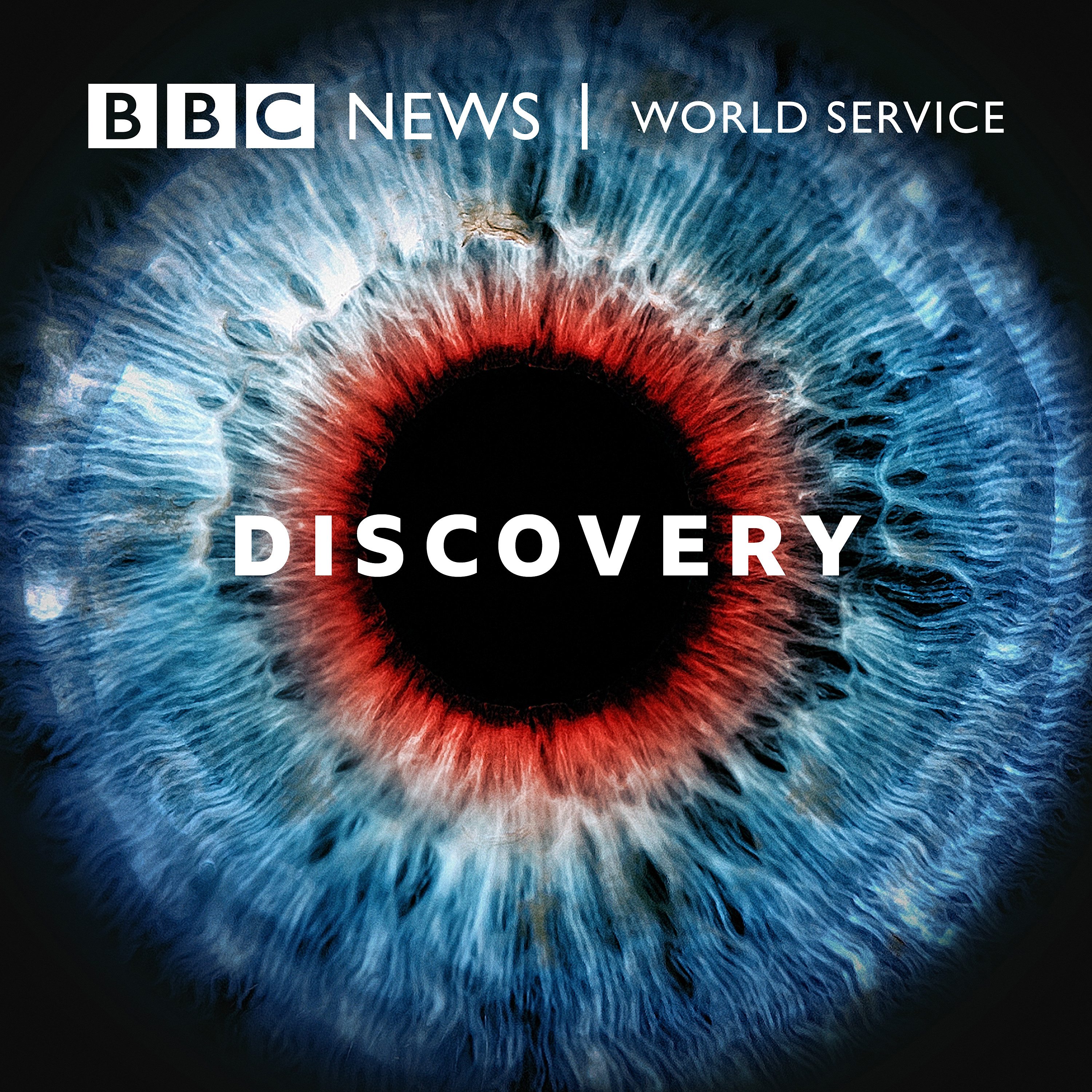
Discovery
Aug 29, 2021
When all restrictions are lifted in a highly vaccinated country, how manageable is the coronavirus? Both Israel and UK’s experiments to do just that, have raised new worries about raising the risk of new vaccine resistant variants. Claudia Hammond and her panel of global experts consider our ability to predict how and when variants of concern are most likely to arise and how long our repertoire of vaccines can remain effective in riding out increasingly infectious waves of the virus.
Also in the programme - does anyone need a third “booster” dose or is it more important to make sure the whole world gets their first two doses instead? And as more people in the world get vaccinated every day, can we get to a situation where the virus is kept in check, without the huge surges in cases that overwhelm hospitals?
Listeners put their questions about coronavirus and the pandemic directly to Claudia and her panel of specialists which includes Professor Salim Abdool Karim - a clinical infectious disease epidemiologist and a Member of the African Task Force on Coronavirus; Dr Natalia Freund a leading immunologist at Sackler School of Medicine, Tel Aviv University; Adam Finn, professor of paediatrics at the Bristol Children's Vaccine Centre, University of Bristol, and a member of the Joint Committee on Vaccination and Immunisation that advises UK health departments on immunisation, and Dr Muge Cevik, who’s a medical doctor and clinical lecturer in infectious diseases and medical virology at the University of St Andrew’s in Scotland.
Producer: Adrian Washbourne Editor: Deborah Cohen Technical supervision: Steve Greenwood

